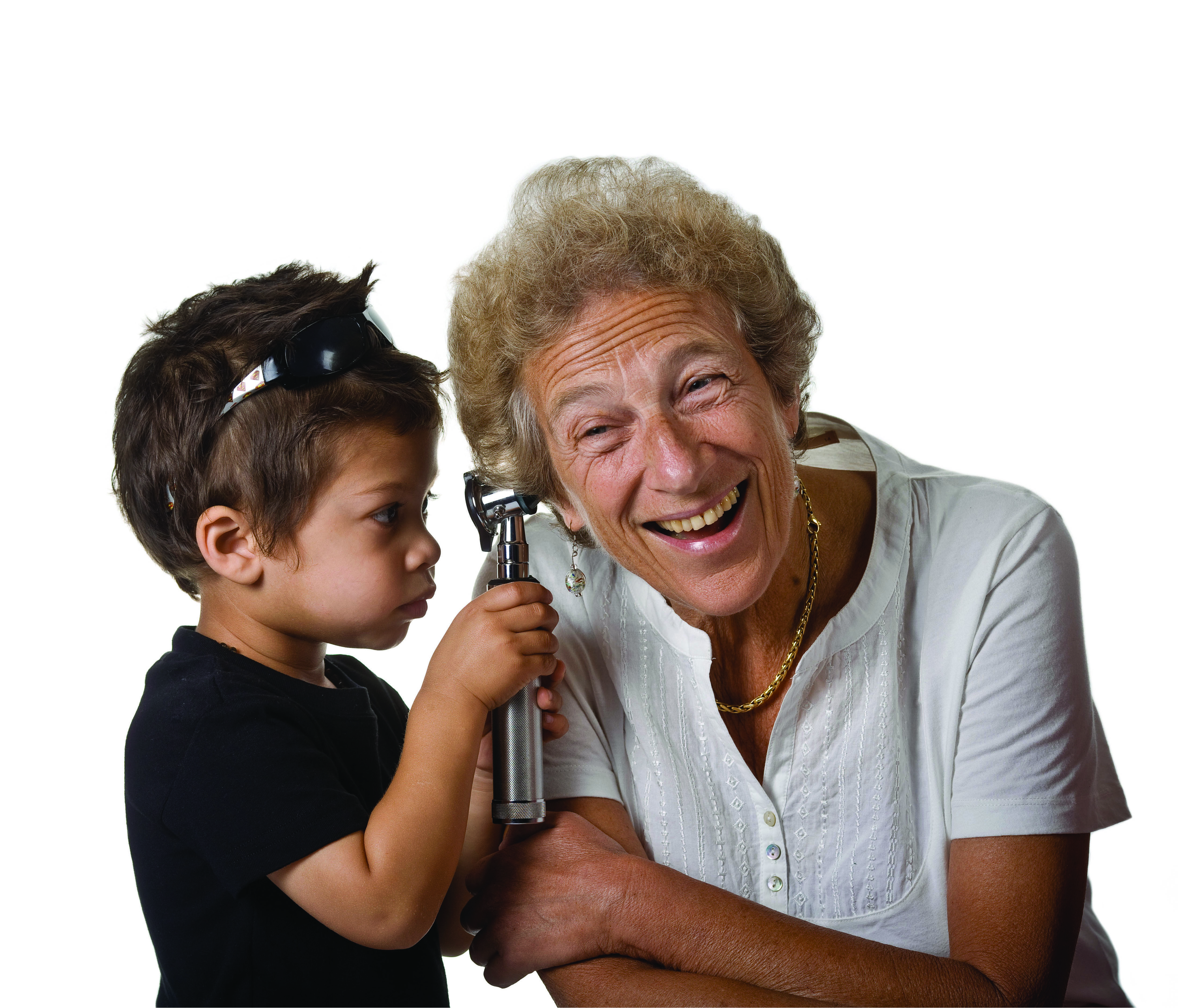Search
In this study we assessed the effects of antigen exposure in mice pre‐sensitized with allergen following viral infection on changes in lung function, cellular responses and tight junction expression.
The role of children in the spread of severe acute respiratory syndrome coronavirus 2 (SARS-CoV-2) remains highly controversial. To address this issue, we performed a meta-analysis of the published literature on household SARS-CoV-2 transmission clusters (n = 213 from 12 countries). Only 8 (3.8%) transmission clusters were identified as having a pediatric index case.
The burden of seasonal influenza disease in Australian children is substantial, especially for those with medical comorbidities including chronic cardiac, respiratory, neurological and immunosuppressive conditions. Influenza is more likely to be severe in children with comorbidities compared to previously healthy children (e.g. more frequent and longer hospitalisation, more frequent intensive care unit admission and requiring respiratory support). Direct protection against influenza by vaccination is critical for children with comorbidities and remains the most effective tool for influenza prevention.

The Deborah Lehmann Research Award in Paediatric Infectious Disease Research is a funding mechanism to support the training and development of early- to mid-career researchers (EMCR) or Higher Degree by Research (HDR) students who are nationals from the Pacific Region working in or outside their hom

More children across Australia are being vaccinated against the flu since funding was expanded and access widened under the National Immunisation Program
Infants aged <6 months are vulnerable to severe influenza disease and no vaccine is approved for use in this age group. We aimed to describe the epidemiology, risk factors associated with severe outcomes and management of influenza in Australian infants aged <6 months.
Obesity was a risk factor for severe COVID-19 in children during early outbreaks of ancestral SARS-CoV-2 and the Delta variant. However, the relationship between obesity and COVID-19 severity during the Omicron wave remains unclear.
Respiratory Syncytial Virus (RSV) causes a significant burden of illness for children under 2 years of age. Nirsevimab, a long-acting monoclonal antibody, was registered for RSV prevention in Australia in 2023. In April 2024, Western Australia (WA) launched the country's first state-wide nirsevimab program for all infants and high-risk children entering their second RSV season.
Children in low-mid income countries, and First Nations children in high-income countries, experience disproportionately high rates of Streptococcus pneumoniae and Haemophilus influenzae infections and diseases including pneumonia and otitis media.
Disease caused by Streptococcus pneumoniae is associated with considerable morbidity and mortality in children. Pneumococcal conjugate vaccines are well tolerated and effective at reducing pneumococcal disease caused by vaccine serotypes. VAXNEUVANCE (V114) is a 15-valent PCV containing 13 serotypes in Prevnar 13, plus serotypes 22F and 33F. This large phase 3 study evaluated safety and tolerability of V114 in infants.
